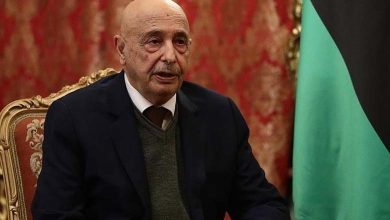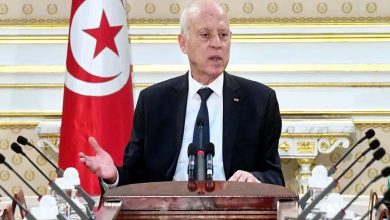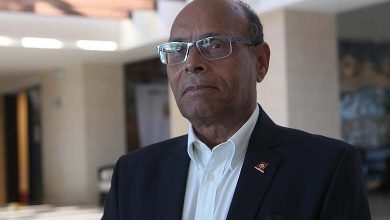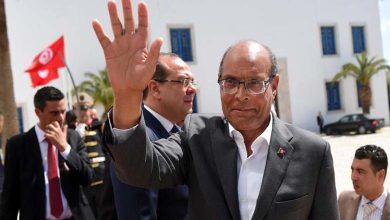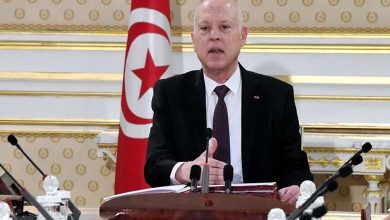Calls mount for dismissal of Bouden government despite sensitivity of situation
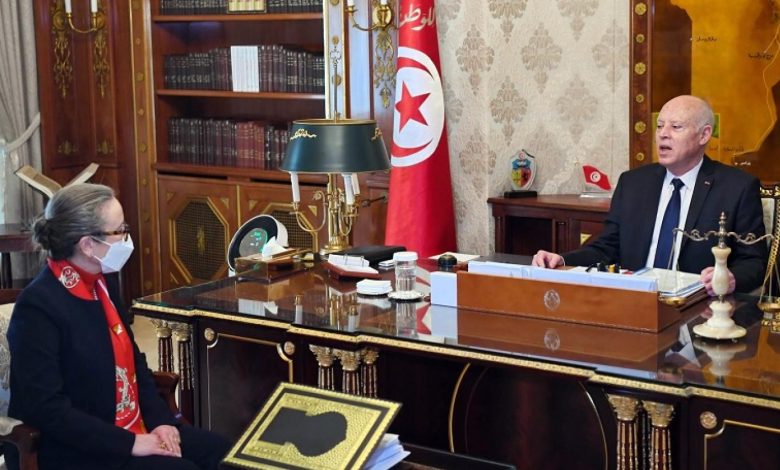
Many national organizations and party forces are pressing for a change in the government or changes within it, amid a persistent and deepening economic crisis in the country and the inability to find effective solutions for some issues. Observers believe that the call is not understandable as the second round of legislative elections approaches and new constitutional institutions begin to be established.
Bassam al-Tarifi, the president of the Tunisian League for the Defense of Human Rights, said that the change of government of Najla Bouden has become an urgent matter, calling for the formation of a government of national competencies after the current government failed to settle the outstanding issues.
In a statement to the private radio station “Shams FM” on Monday, he stressed that the League explained to the president its dissatisfaction with the course of a number of ministries, especially those concerned with the economy, such as the ministries of finance, economy, planning, agriculture and trade, and its role in threatening the economic interests of the Tunisian people.
Al-Tarifi’s position comes about a month after General Union of Tunisian Workers Secretary General Noureddine Taboubi called for changes in the government, saying at the time that the country is living under a suffocating economic situation.
The Union, the largest labor organization in the country, has been in disagreement with the government of Najla Bouden and with President Kais Saied over the issue of reforms. The reforms are mainly related to the lifting of subsidies and the sale of public companies, in order to meet the conditions of the International Monetary Fund to obtain financial support worth 1.9 billion dollars.
The union attacked the government for its activation of several decisions, including a circular (circular number 20) concerning the conditions of negotiation with the trade unions, which angered the labor organization and made it antagonistic and antagonistic with its president.
Despite the meeting between Bouden and Samir Majol, the president of the Federation of Industry and Trade, this month, to ease tensions, the dispute between the government and some national organizations was not resolved.
The decision to send a delegation – including Social Affairs Minister Malek Ezzahi, Economy Minister Samir Said, Taboubi, and Majol – to the Norwegian capital, Oslo for a two-day working visit was also a welcome sign of easing tensions. between the government and national organizations.
Some political parties supporting the president, such as the People’s Movement and the Alliance for Tunisia, have also called for government amendments to address pressing economic issues.
Although President Saied recently responded to some of those demands by dismissing former Trade Minister Fadhila Rebhi and appointing Kathoom Bin Rajab in her place, observers believe that this decision, despite its importance, is still insufficient.
The previous minister was sacked due to the loss of many basic items in the market. Large stores and small traders complained of a lack of milk, coffee, sugar and cooking oil, and supermarkets limited some basic items, including dough, to two cans.
Many citizens expressed anger over the loss of basic items and the steep rise in prices. Experts said the price hikes were related to high inflation, the trade deficit, and the rise in prices of some items on the international market as a result of the war in Ukraine.
Observers believe that the call by some national organizations to carry out comprehensive governmental change is unrealistic with the approach of the second round of legislative elections, and the efforts that will follow in order to focus the constitutional institutions and the stability that this requires in the government.
They also consider as incomprehensible the call by the Human Rights League and the Union, as well as the lawyers, for a national dialog that excludes political parties, especially since the election of a new parliament will lead to the establishment of institutions elected by the people, whose tasks are difficult to overcome in the next stage.




